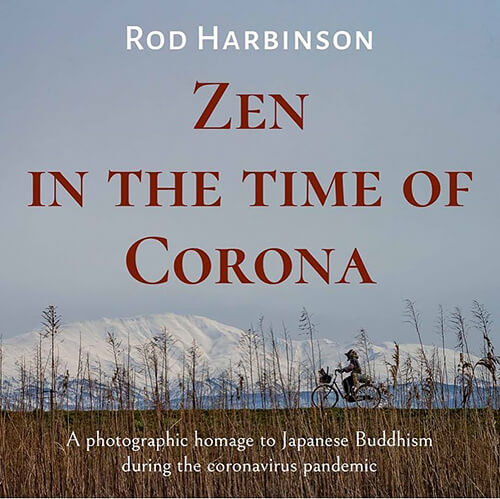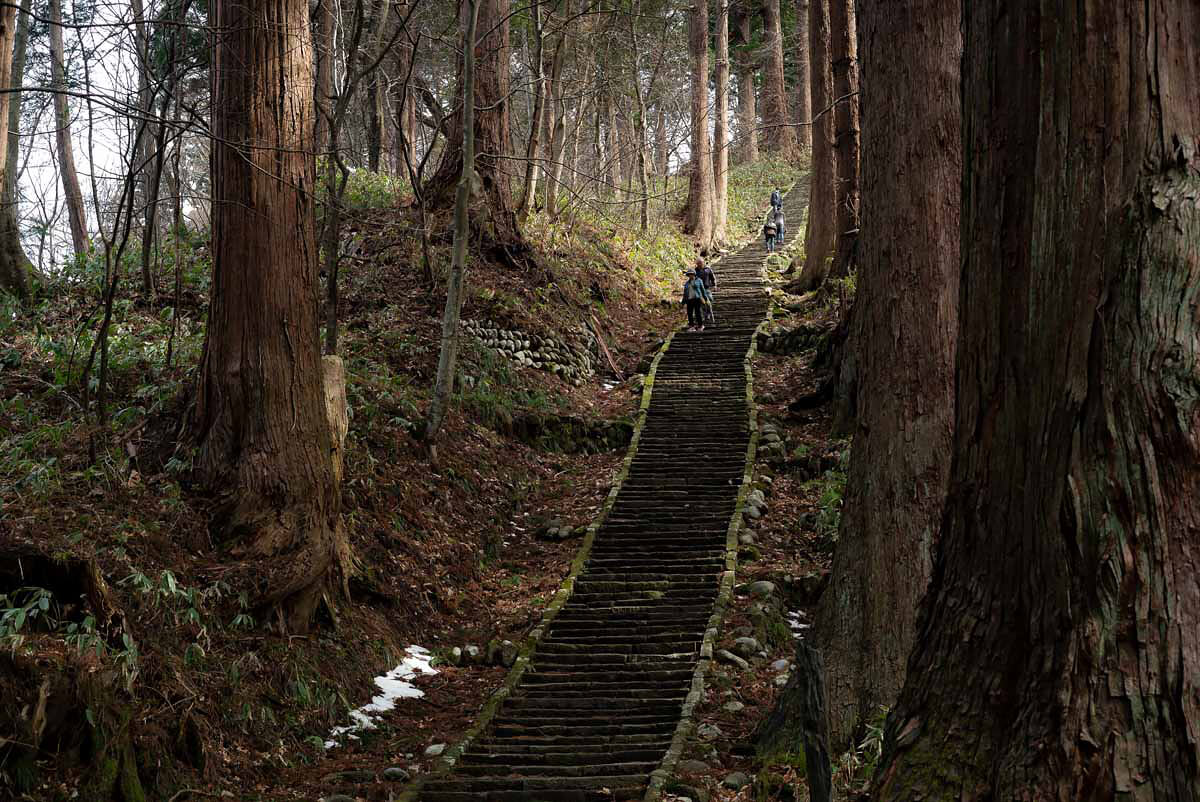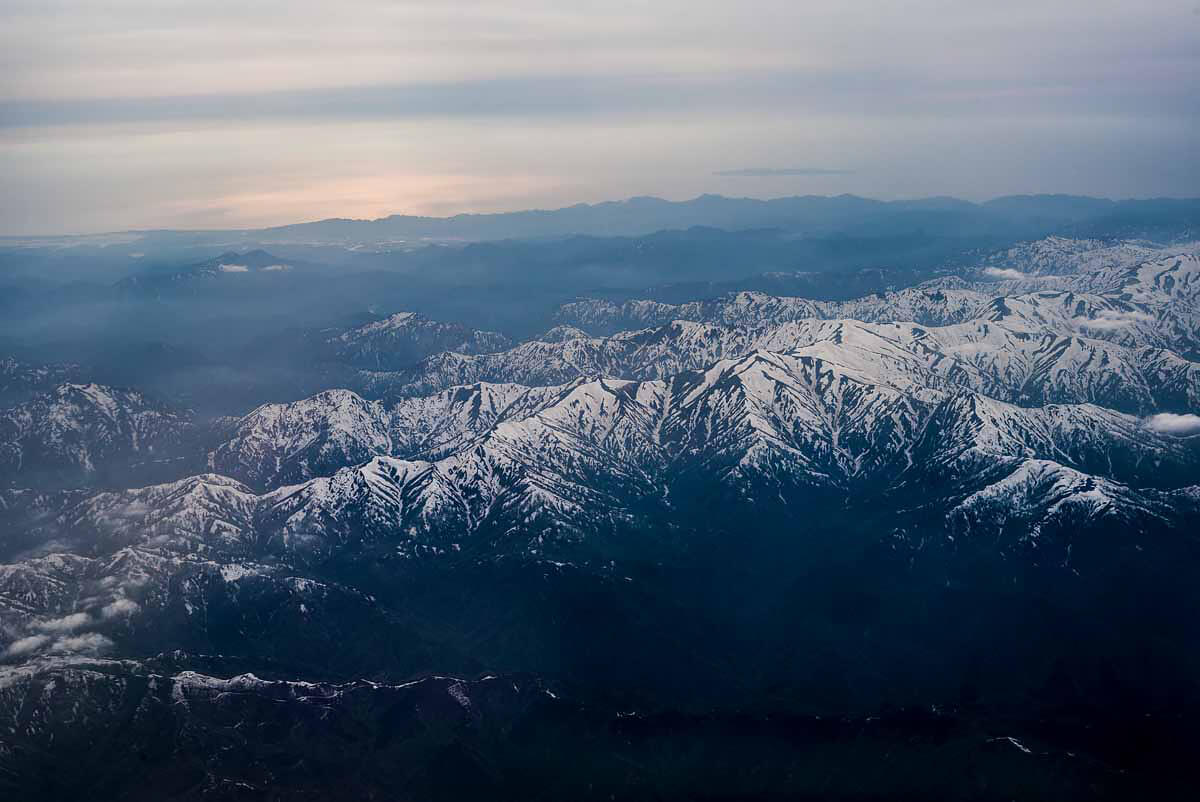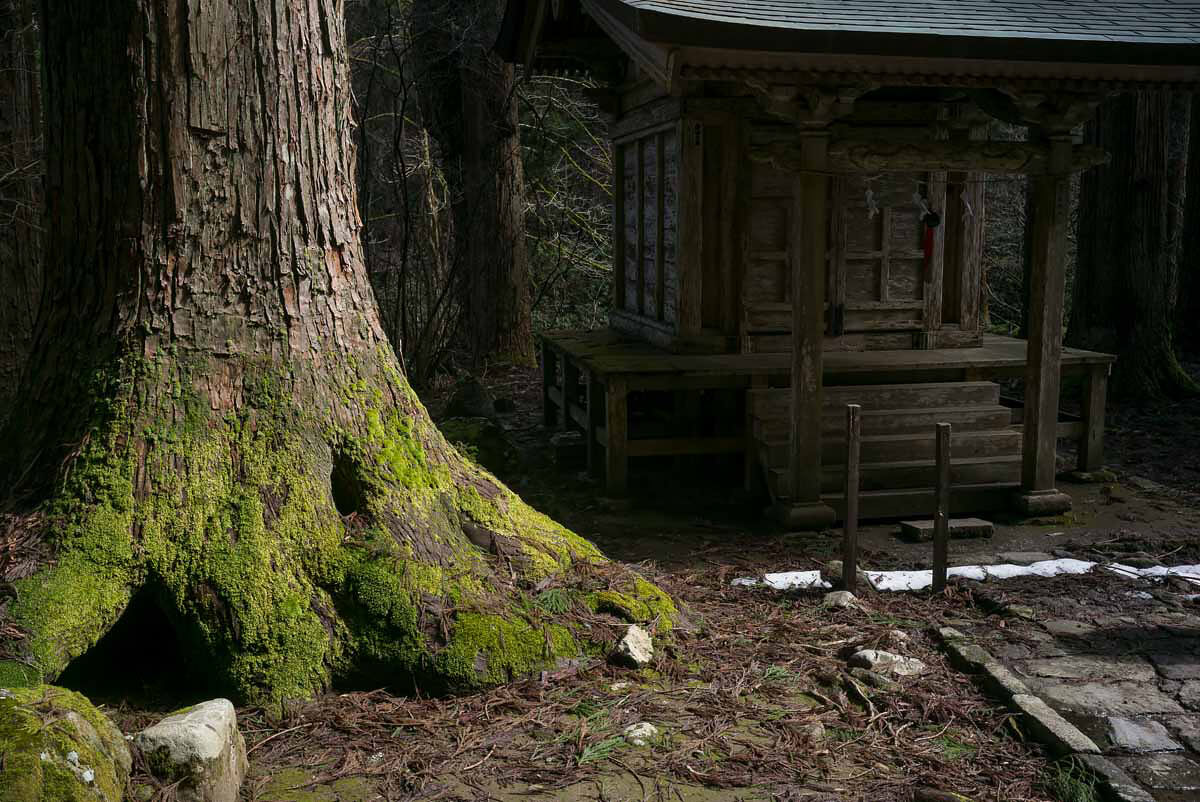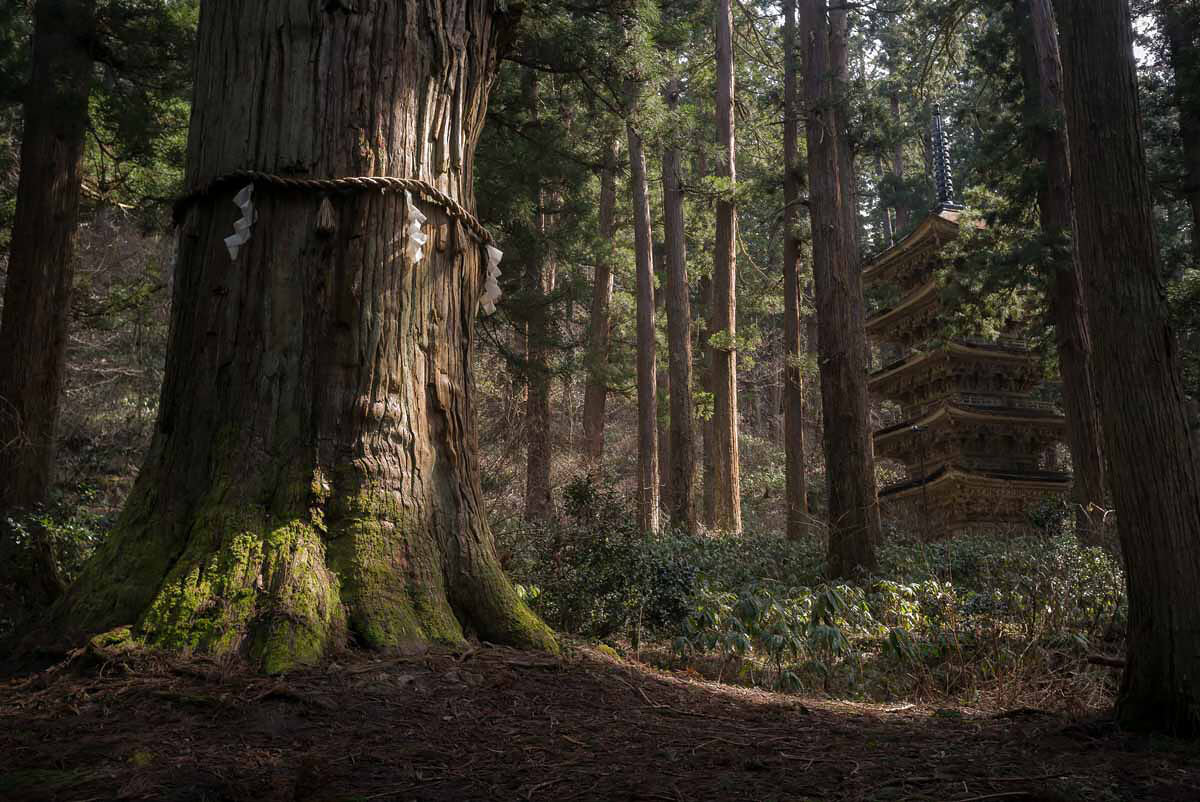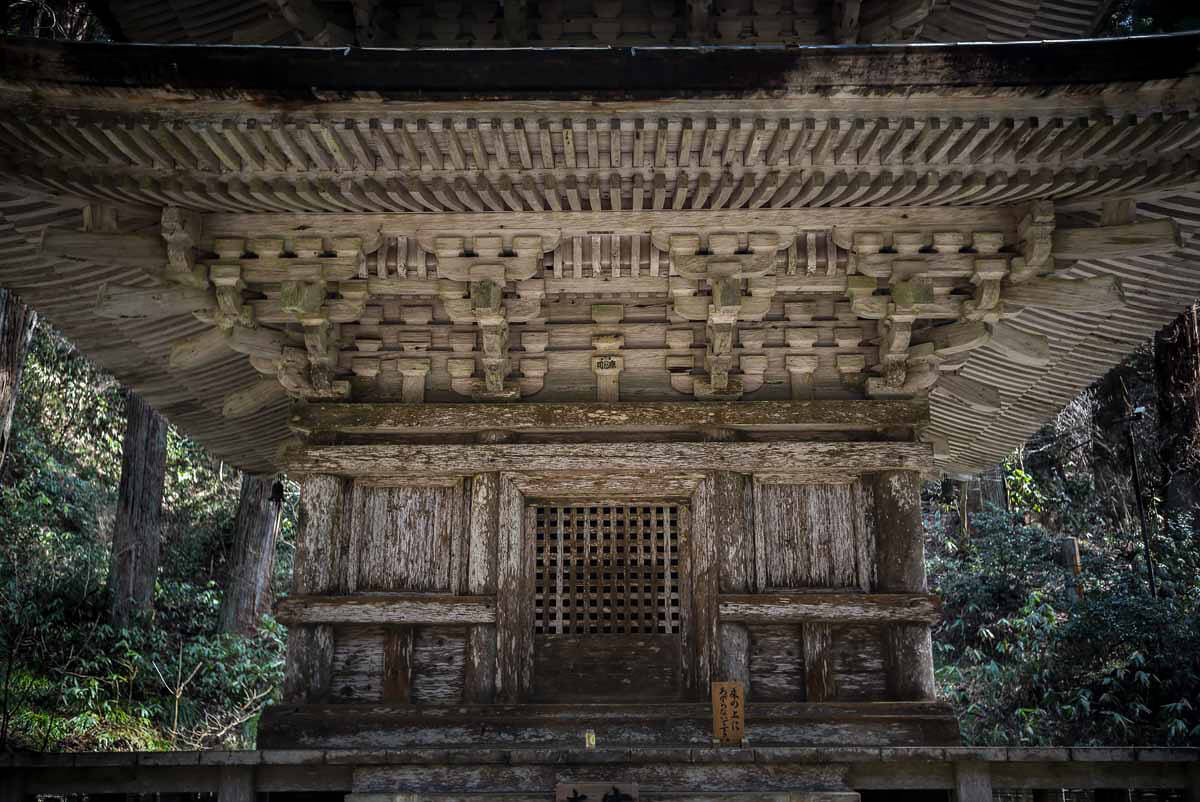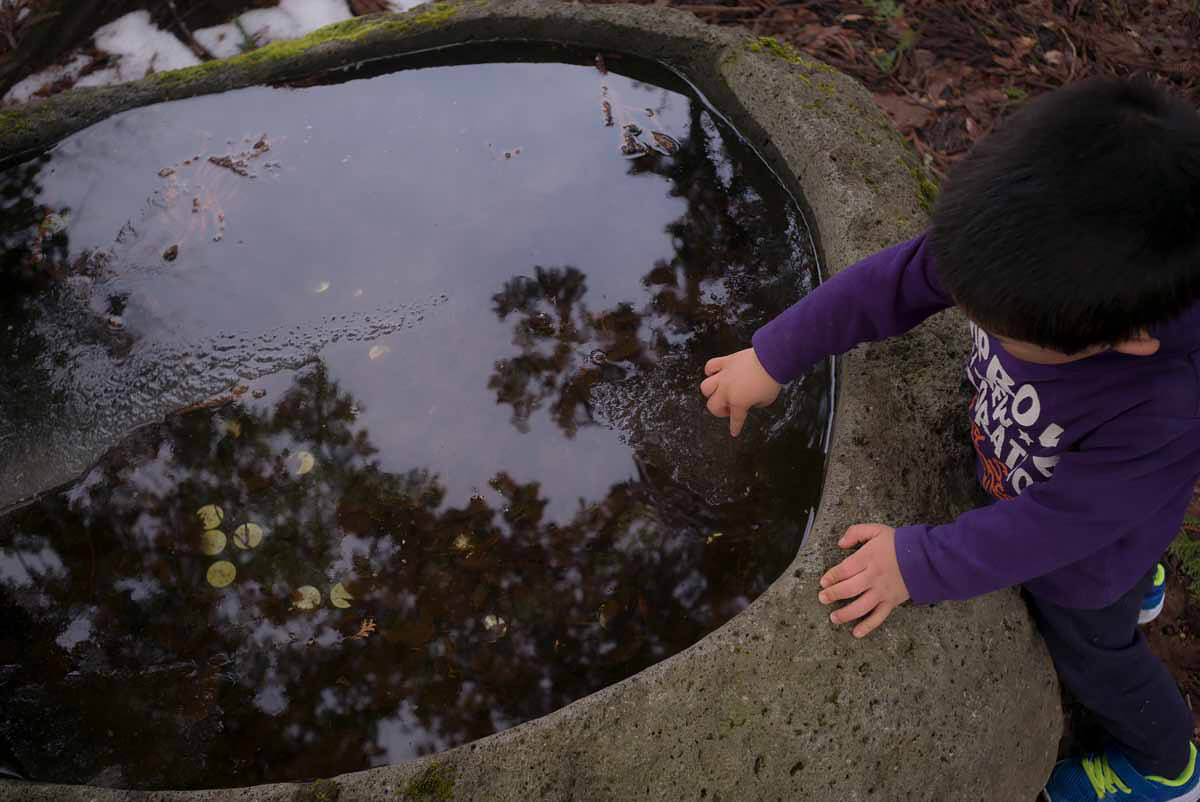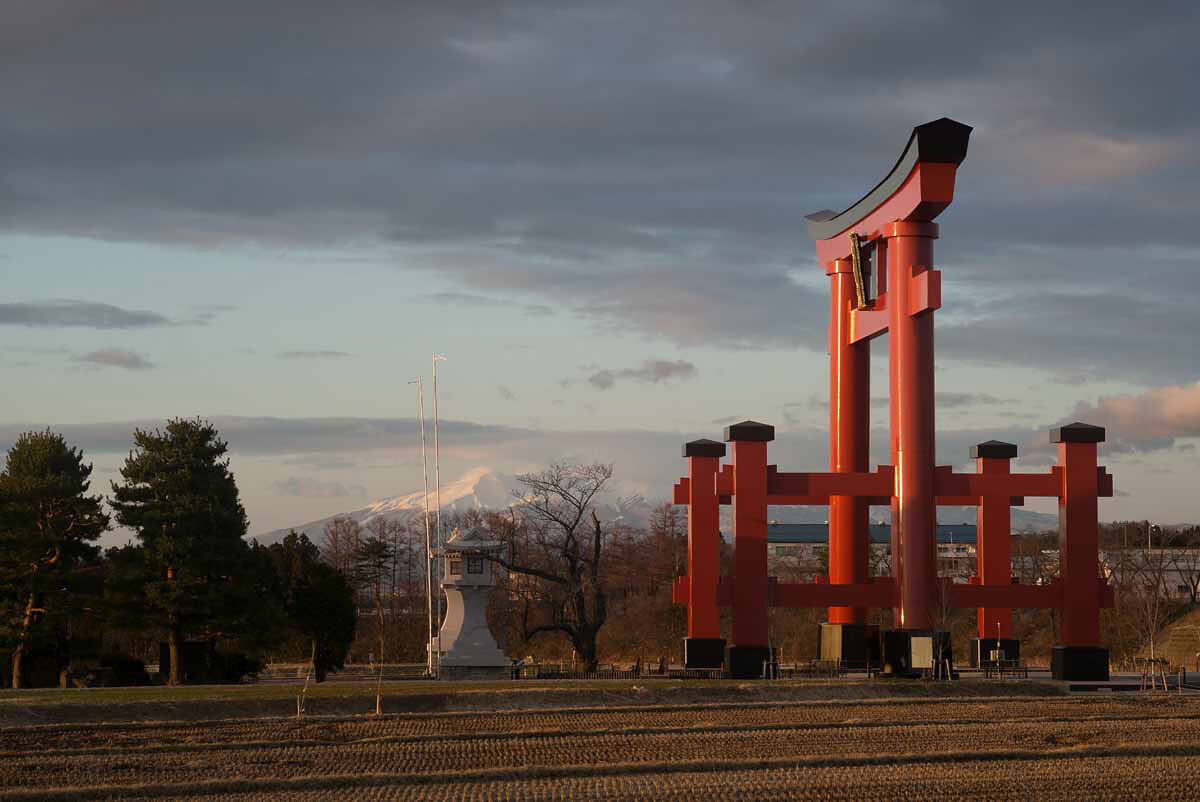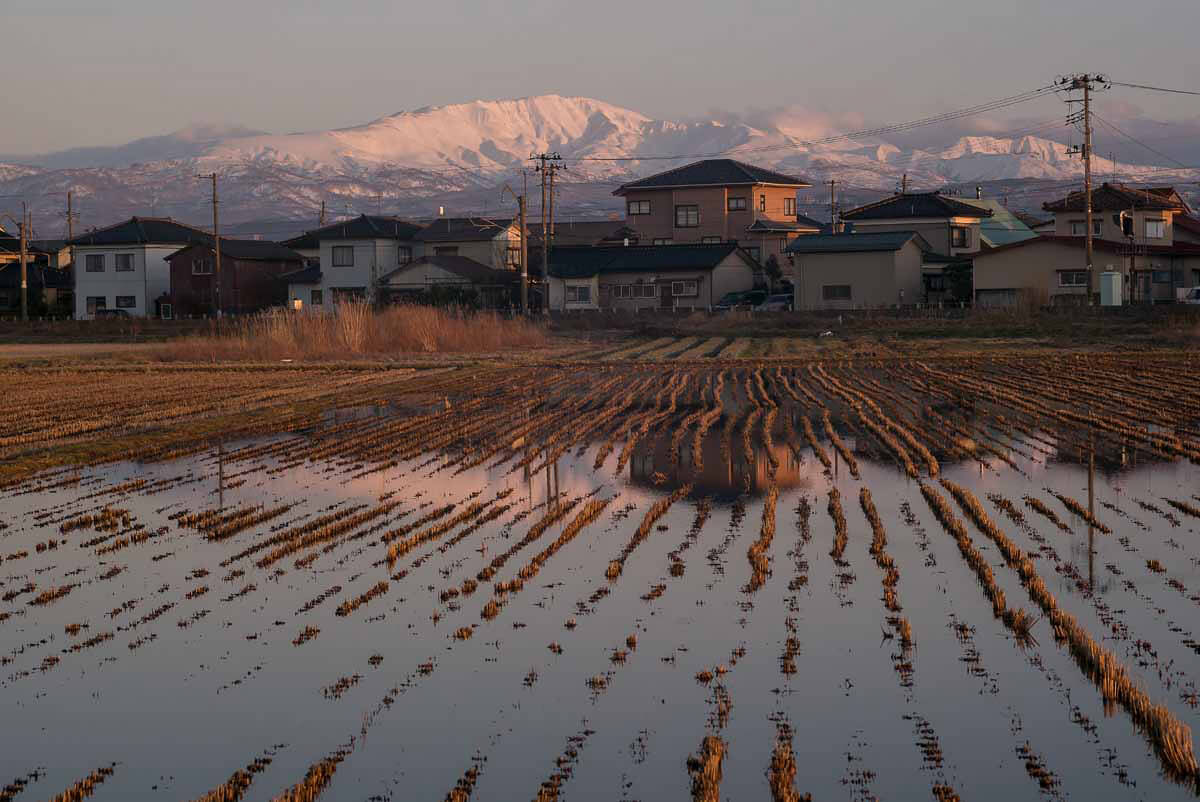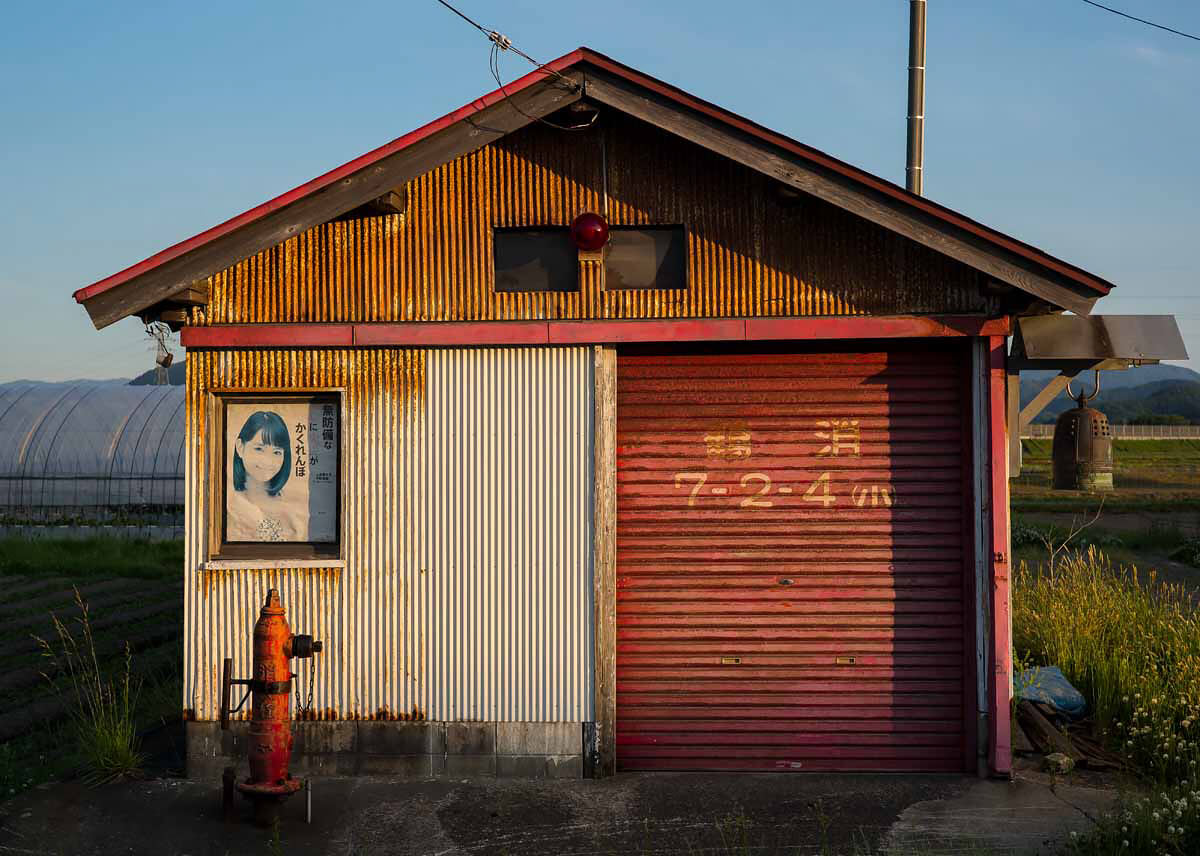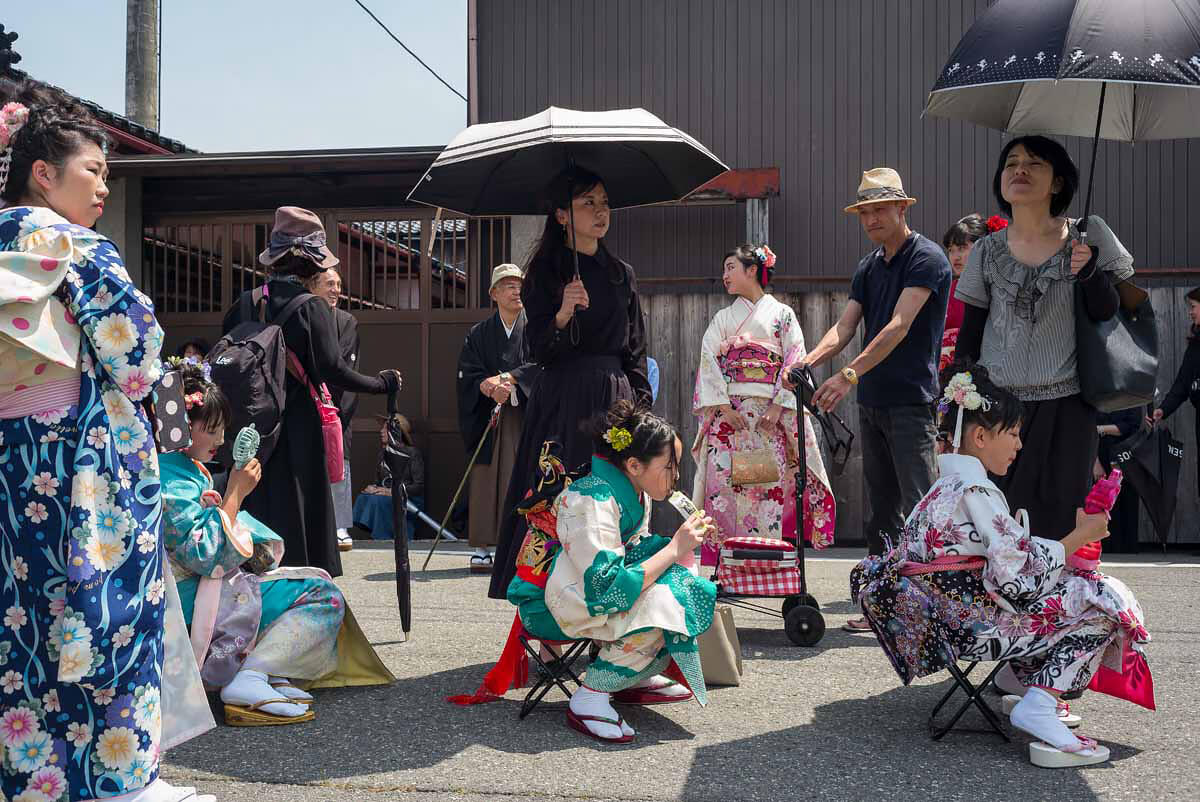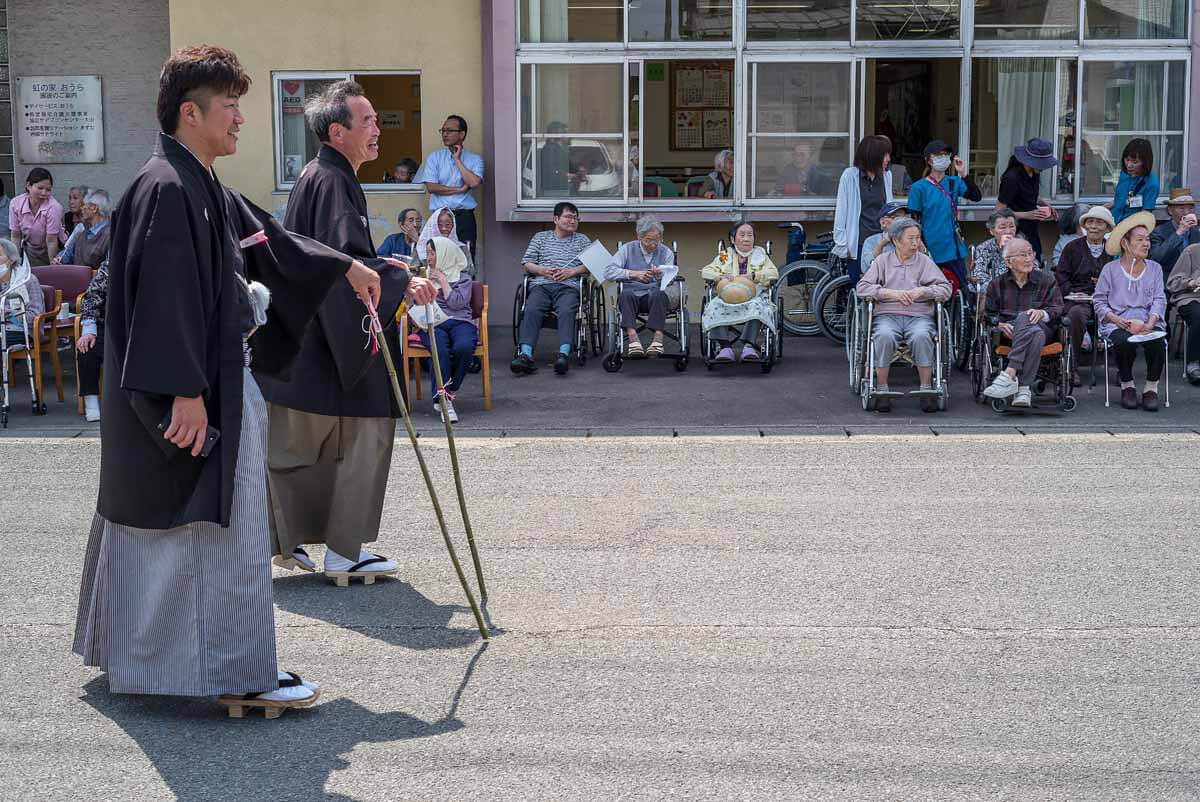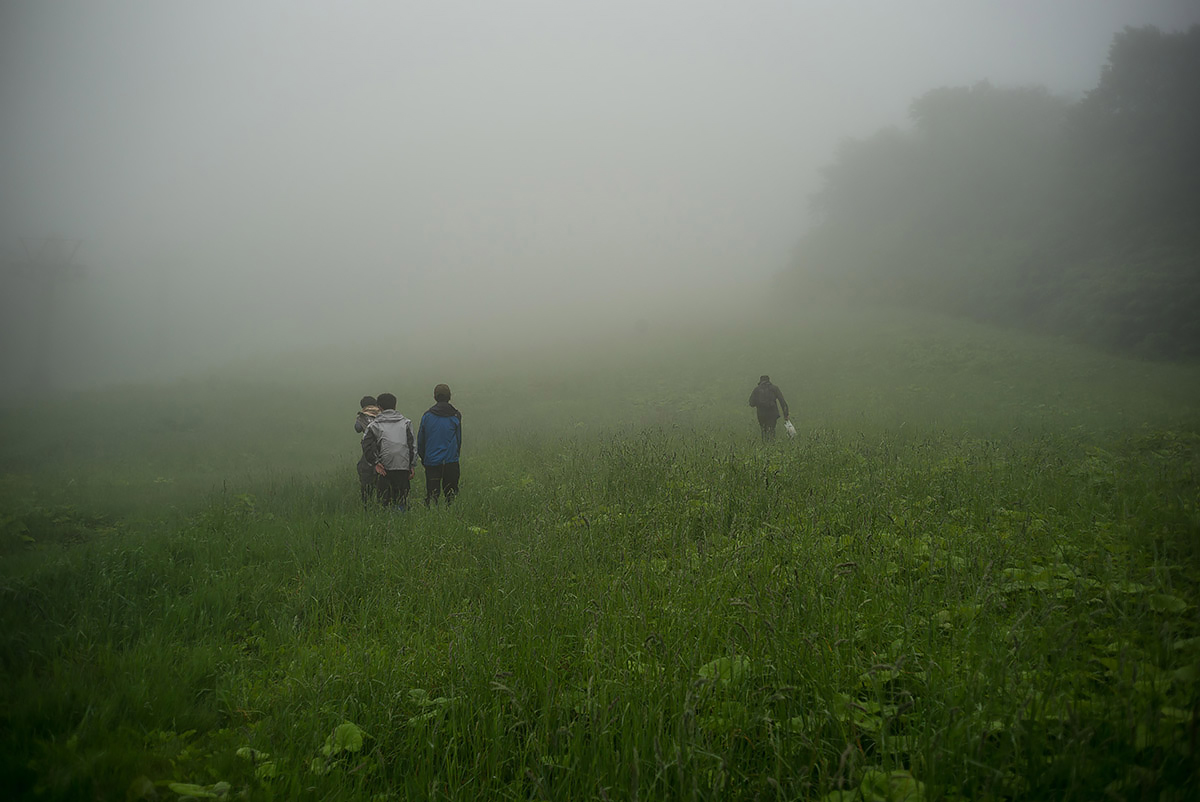Coronavirus, in short-measure, has changed the world completely. How can we make sense of this huge change in our lives? How can we cope, when our lives have been shaken-up and fears abound?
Zen Buddhism offers a clear path to overcome fears and find courage, when all around us seems to be falling-apart. For thousands of years Buddhists have been meditating on the hardest challenges in life, such as sickness, grief and death.
This book offers a unique introduction to the Zen path through words, photos and poetry. More than a guidebook, it provides a space for reflection on our current situation and talks about Zen in relation to both photography and the origins of the coronavirus pandemic.
Through the lens of the photographer-author, we are taken on a spiritual journey into the sacred mountains of Japan, where Zen Buddhism evolved.
Preface
The coronavirus has thrown our lives into a time of turbulent change, as the pandemic has unfolded into a global emergency. Here I reflect on my own experiences of the situation, since February 2020 when I arrived in Japan. Most of these photos were taken in the following months, though some as indicated, were taken the previous year - before corona.
While this book is a personal journey, I do aim to convey an impression of Buddhism in Japan, and provide an introduction to what it is, how it came about, and what it means in practice. I aim to convey the importance of Buddhism as a foundation of Japanese culture.
The cultural dimension, is as interesting as it is important, in order to understand, not only this spiritual way, but also to gain insight into the mysteries of Japanese culture. I explore Noh theatre, and the Haiku poetic form as examples. I also have a go at penning some of my own Haiku to accompany the photos. Make of them what you will, compared to examples by the great Haiku master featured - Matsuo Basho.
Essentially a photobook, I considered it important to include some of my perspectives on photography, and to reflect on what the medium means to me in the context of Buddhism. I explore how Buddhist ideas are found in photography, and how the form, can in my view, diverge from a purely Buddhist way.
In the final chapter, I reflect on our global situation as a human family, in the context of coronavirus. Reflecting on the economic path that collectively we have been on for some time, I pause to consider the significance of the space that has emerged from the halt in economic growth. Is it possible to draw an analogy between this global stillness, and the space of presence a person meditating can experience?
Exploring evidence for the origin of the coronavirus, I find that while it probably originated in nature, it is important to understand, why it has crossed over into our species. Human interference in the natural world, raises important questions, which we need to address about our relationship with nature.
In a time of global catastrophe we need to hold onto our sanity, but also map a path ahead. This path could deliver more of the same, or forge a better future direction.
About the author
Struck down with fever in a remote corner of Thailand in 1987,
Rod recuperated in a forest monastery, meditating six hours a day. His early experiences studying and exploring Buddhism in Asia, have grown into a dedicated appreciation of the region - its nature, people, and spiritual life.
Writer, photographer and filmmaker, Rod often reports in Asia, drawing attention to critical environmental and human-rights issues. From deforestation in Borneo, to mining protests by Cambodian fisherfolk, his stories and investigations have appeared in books, documentaries and over fifty high-profile academic and media titles (listed
here).
Long engaged in climate change, forest, human-rights and biodiversity issues, he has a track record of working with non-profit, academic and media organisations and has a Masters in Environment and Development. He led the Environment and Climate Change Programmes at Panos London, was a founder of the Climate Change Media Partnership, and editor of seven magazines and academic journals.
His 2014 documentary,
'Defenders of the Spirit Forest' explores efforts by Cambodian people to defend the last forests in the country. It premiered at Glasgow's Document international Human Rights film festival.
Agencies representing his photography, ZumaPress and Polaris Images, carry his news and feature stories. He shares his expertise through freelance and consultancy work.
He began his photojournalism career reporting on Burmese ethnic conflict, before covering deforestation in Borneo and the theft of Indigenous communal forest land. He has long covered Resistance to Climate Change, since the emergence of the European anti-roads movement. Based in Prague in the early nineties he covered aspects of the break-up of the Soviet Union, such as the Albanian independence movement and the The Kosovan war.
When not publishing books, he explores the outside world with a camera and the inner world through meditation and yoga.
You can keep up with his work here:
www.RodHarbinson.com, Instagram:
@RodHarbinson and Facebook:
@RodHarbinsonPhoto.
